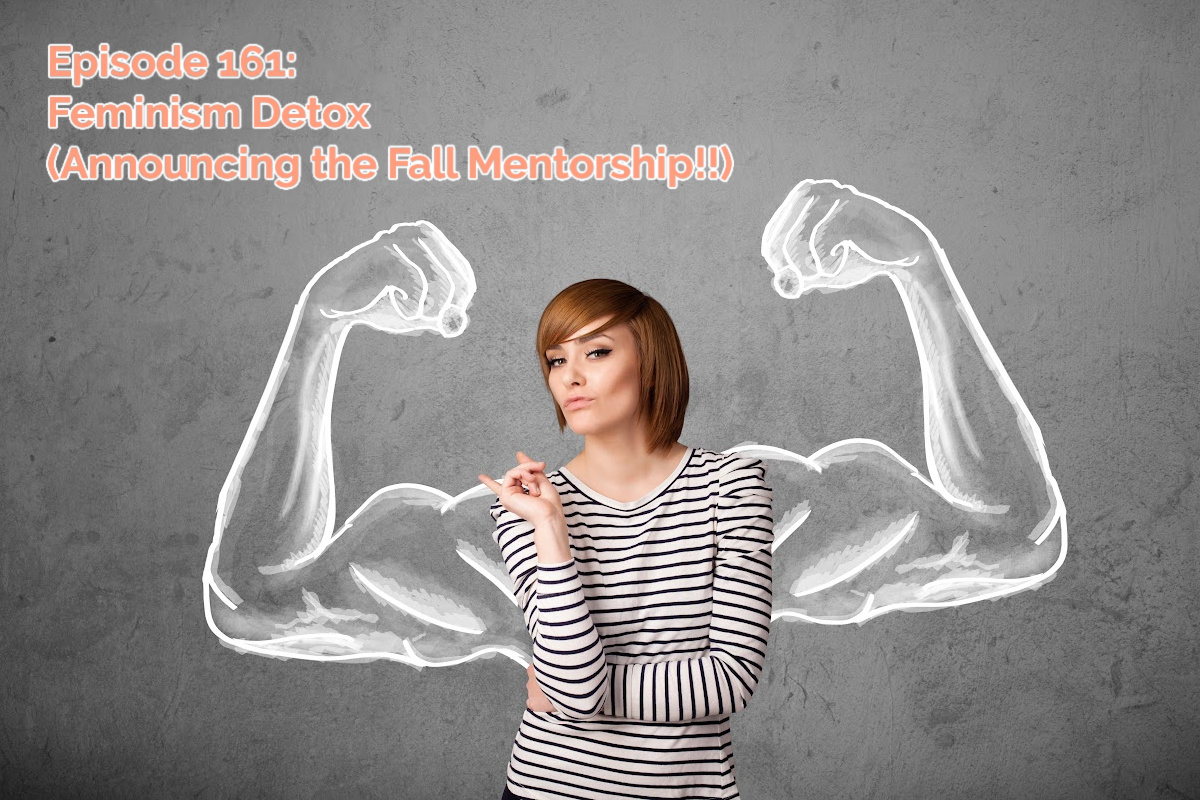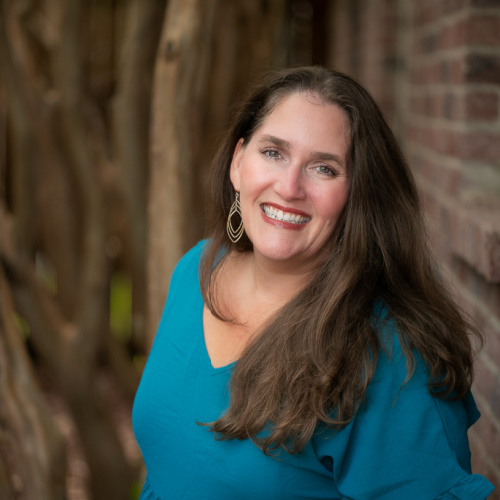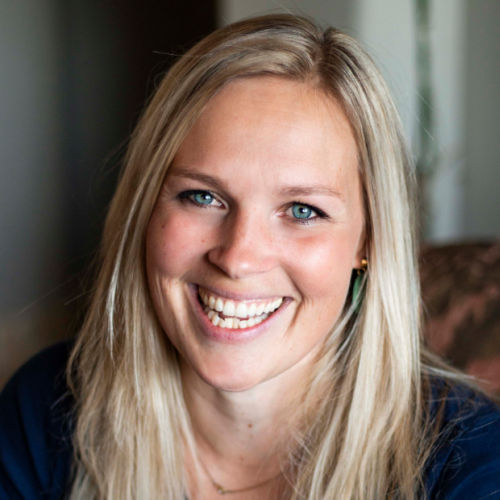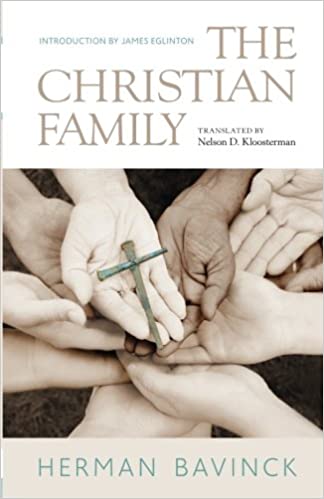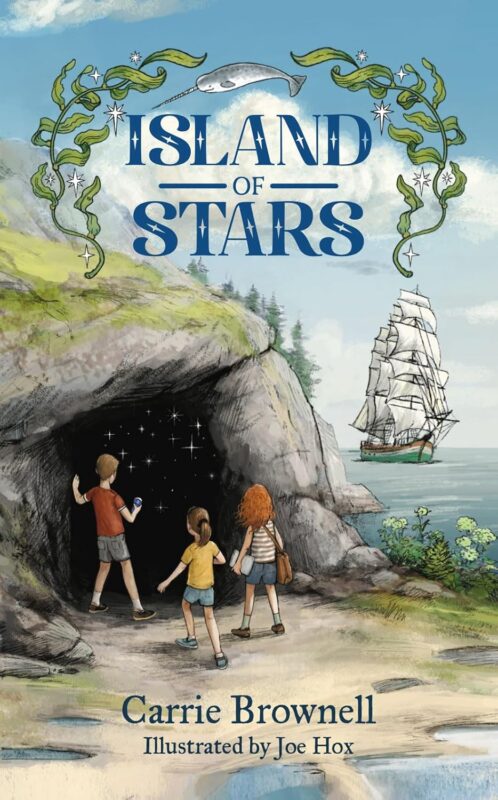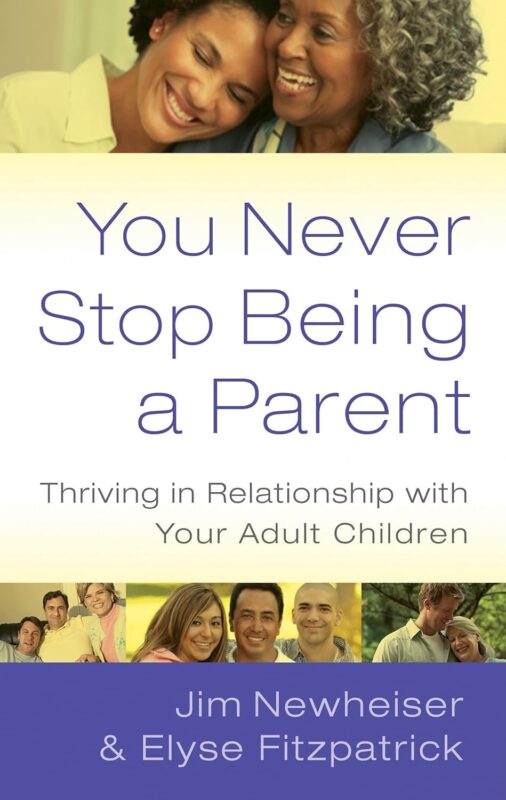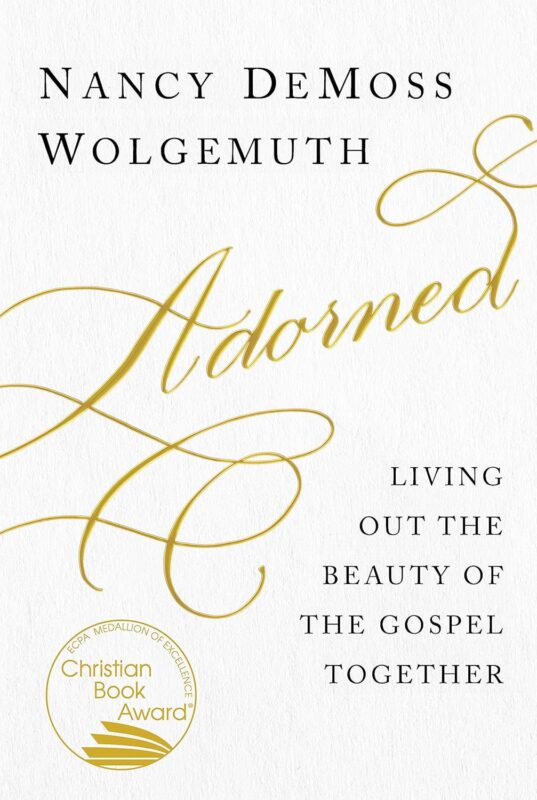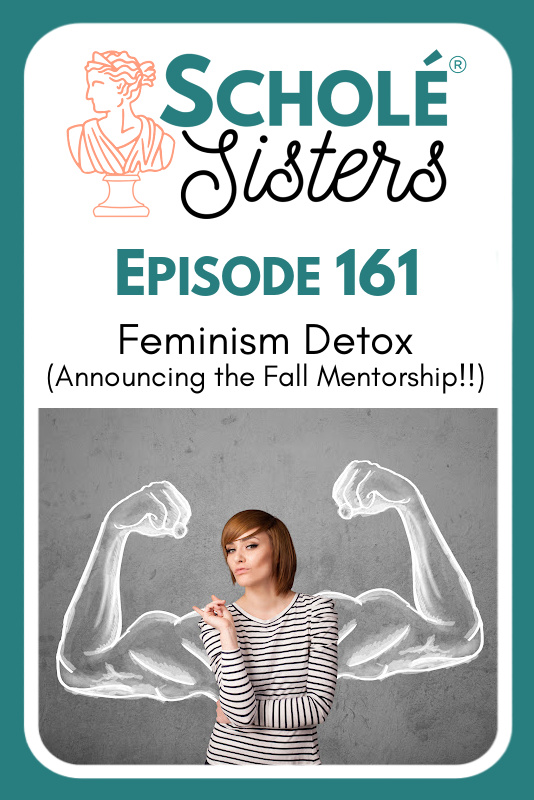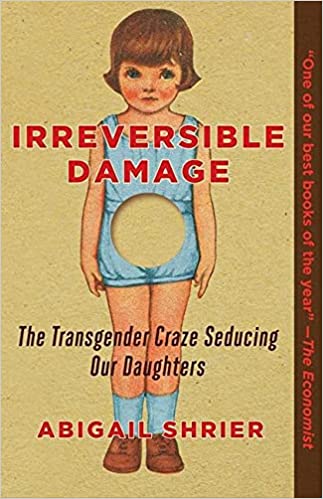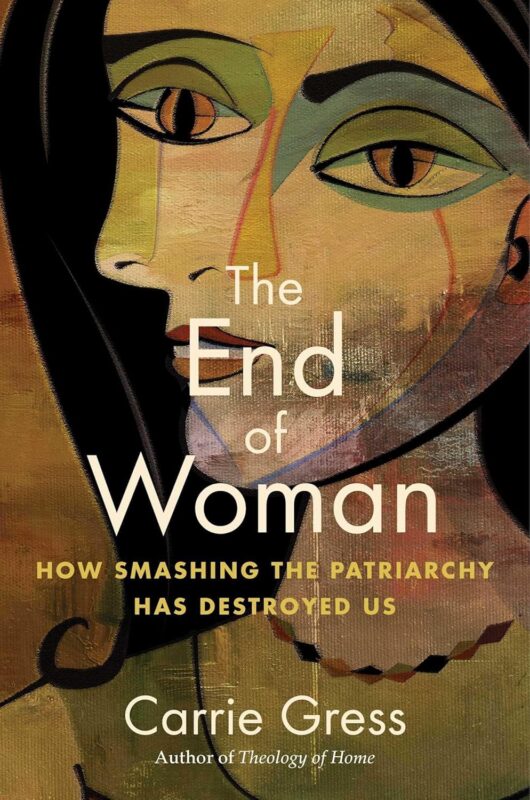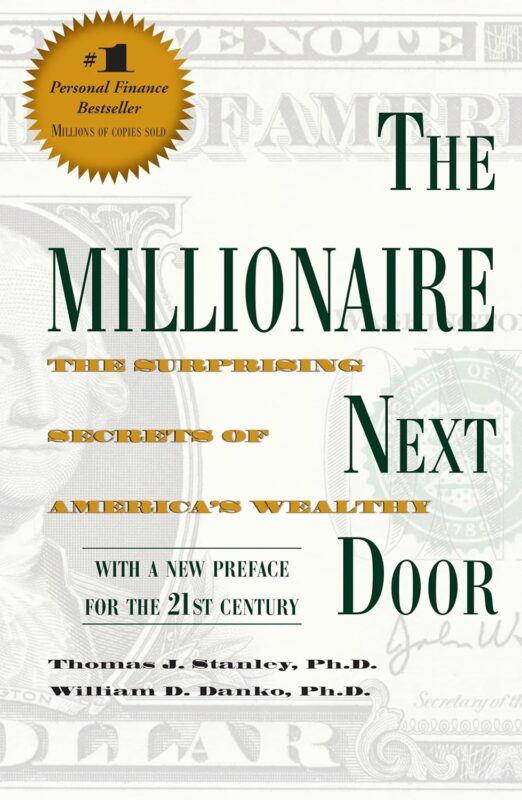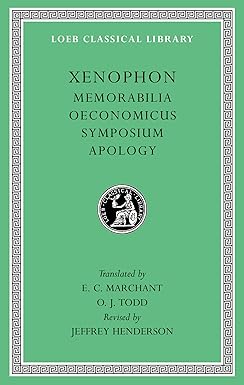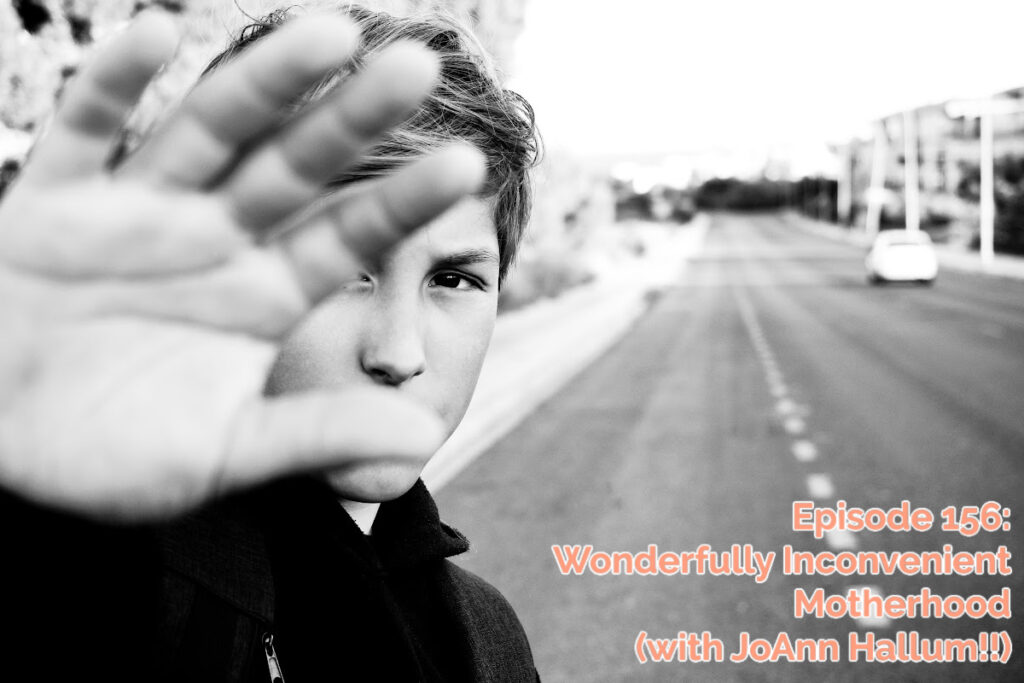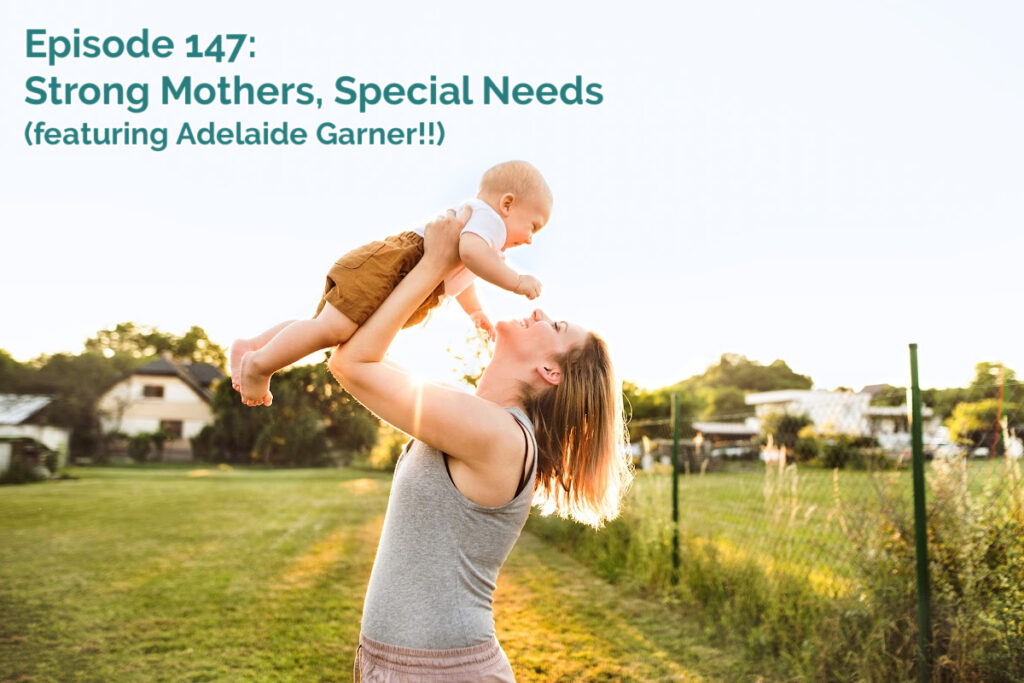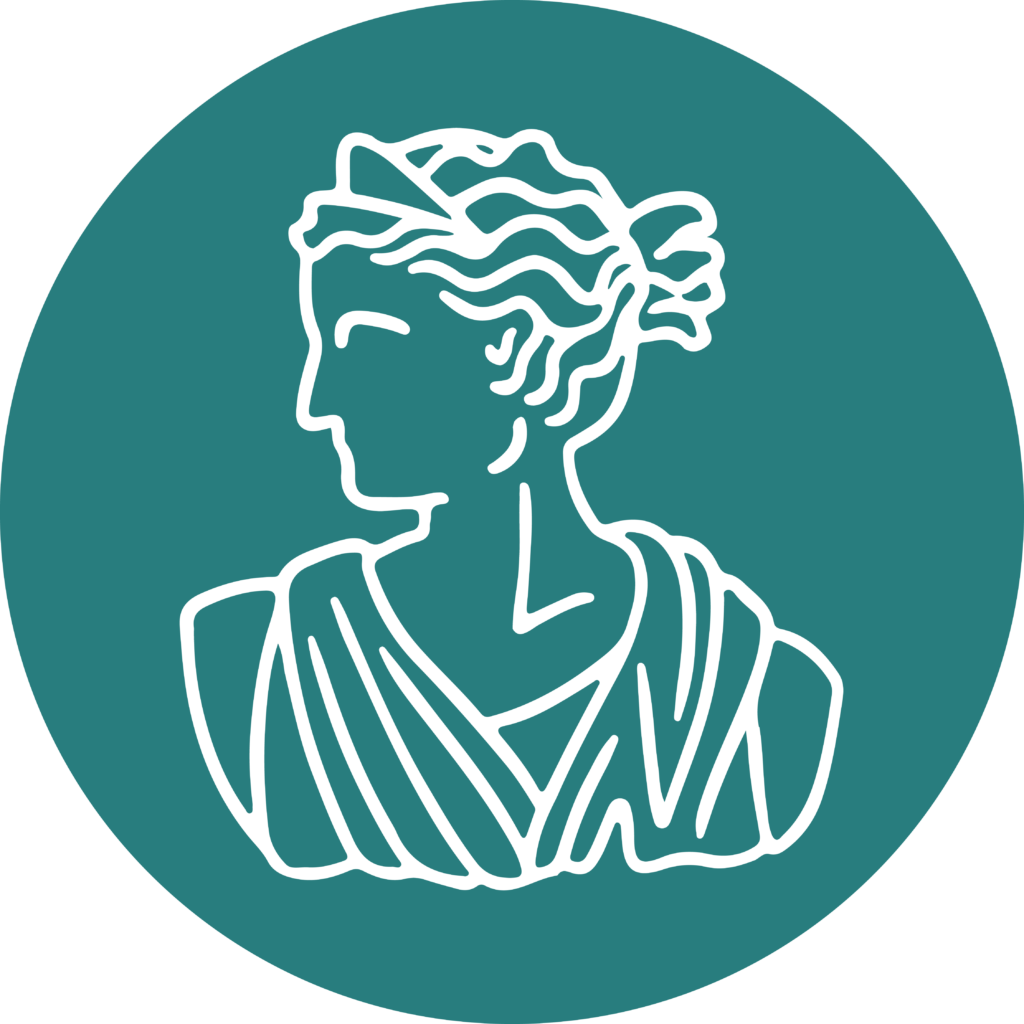SS#161 – Feminism Detox
This episode is a first for us: we’re announcing our fall mentorship months in advance! Inside Sistership, our mentorships are extended book clubs where we study important topics through multiple lenses—classical sources, historical perspectives, and theological grounding.
Past mentorships have covered Marxism, technology, leadership, and politics. This fall, we’re diving into a bold new topic: feminism.
We’re calling it Feminism Detox: Removing the Lies that Destroy Families. Together we’ll read three books:
- Oeconomicus by Xenophon (classical grounding)
- The End of Woman by Carrie Gress (historical analysis)
- The Christian Family by Herman Bavinck (biblical and theological wisdom)
In this episode, we explain what a mentorship is, why we run them, and how the format works—weekly reading threads, live discussions, and faculty-of-friends conversations. We also preview chapter one of Bavinck’s The Christian Family, reflecting on creation, the goodness of distinct sexes, and the beauty of God’s design for marriage.
Keyword Intro
Today’s Hosts and Source
A century ago when this book was first published, marriage and the family were already weathering enormous changes, and that trend has not abated. Yet by God’s power the unchanging essence of marriage and the family remains proof, as Bavinck notes, that God’s “purpose with the human race has not yet been achieved.” Neither a ten-step guide nor a one-sided approach, this book embodies a Christian theology of marriage and the family.
Accessible, thoroughly biblical, and astonishingly relevant, it offers a mature and concise handling of the origins of marriage and family life and the effects of sin on these institutions, an appraisal of historic Christian approaches, and an attempt to apply that theology. Aptly reminding Christians that “the moral health of society depends on the health of family life,” Bavinck issues an evergreen challenge to God’s people: “Christians may not permit their conduct to be determined by the spirit of the age, but must focus on the requirement of God’s commandment.”
Scholé Every Day: What We’re Reading
Island of Stars, Carrie Brownell
A fun, complex but not scary YA story reminiscent of E. Nesbit and Arthur Ransom.
You Never Stop Being a Parent: Thriving in Relationship with Your Adult Children, Elyse Fitzpatrick
Abby is preparing for her graduated daughter return from her mission trip to live at home again, this time as an adult.
Adorned, Nancy Demoss Wolgemuth
Brandy is reading this book with her church group.
Who says who you are?
Every worldview has an origin story. Creation narratives don’t just tell us how things began; they tell us what things are for. Genesis begins with God creating the world good, orderly, and purposeful. The crown of creation is humanity, male and female, made in His image. Marriage itself begins as the setting in which the human race takes its first steps.
Men and women were created with a design, with distinct purposes, and with the gift of union. Creation means we are not accidents. It means we are not self-defined. It means our lives are stewardships, not self-inventions.
Feminism, however, tells a story that assumes chance. The world is not purposeful, and we are not designed. Instead, we are self-creators, self-made individuals who can remake ourselves however we wish. But if everything is chance, then meaning is impossible.
This is why the creation account is so vital. Without it, the ground beneath us crumbles. Feminism’s myth appeals to pride: “I can be my own maker.” Yet Genesis pulls us back to reality: “You were made for a purpose.”
Men and women are not interchangeable
In our culture, sameness seems to be the goal. Equality is defined as interchangeability. To be equal, we are told, means to be the same in everything.
Scripture teaches that men and women are both fully human, fully made in the image of God. Yet they are made for different roles. Together they form humanity in its fullness.
This means manhood and womanhood cannot be swapped like interchangeable parts. Each sex carries distinct gifts, orientations, and responsibilities. Masculinity tends toward conquest, provision, and protection. Femininity tends toward nurture, relationship, and cultivation. Both are good, both are necessary, and both together reveal God’s glory.
Feminism’s attempt to erase distinction leaves everyone diminished. Women become pressured to succeed as small men. Men become passive and uncertain. Families collapse under the strain of denied reality.
The Christian vision, however, sees difference as richness. Distinction is not threat but complement. Marriage, family, and community flourish when we live into the design of being alike in worth yet different in expression.
Recovering the glory of womanhood
Herman Bavinck wrote, “The woman is the answer to the question that flowed from the man’s heart.” From the beginning, womanhood is not an afterthought but a divine gift. The creation of woman was the fulfillment of a yearning built into man by God Himself.
Throughout Scripture, womanhood is framed with glory: a crown to her husband, a gift from God, a vessel of wisdom, love, and life. These are not small or secondary honors. They are exalted roles, poetically described as glory itself.
Feminism insists this glory is inferior. It urges women to be more like men, to adopt male ambitions, to prove themselves in male arenas. But this posture begins with the assumption that womanhood has no distinct, inherent value. To be valuable, a woman must be less womanly and motherly and more manly and competitive.
The biblical vision is radically different. To be a woman is to reflect God’s image in a uniquely relational, life-giving way. Whether through bearing children, nurturing community, or mothering in the church, women image the God who gives life and sustains it.
Recovering womanhood as gift and crown means reclaiming dignity. It means saying with confidence: I love being a woman. I love the calling God has given me, and I will not apologize for it.
2025 Sophie Mentorship: Feminism Detox
Interested in participating? Sign up to hear more about it and get the book list. We start in October!
Mentioned in the Episode
Listen to related episodes:
SS#156 – Wonderfully Inconvenient Motherhood
SS#147 – Strong Mothers, Special Needs (with Adelaide Garner!!)
SS #120 – Let Them Go: Parenting Teens (with Pastor Toby Sumpter!!)
SS #118 – Grit for Moms & Kids
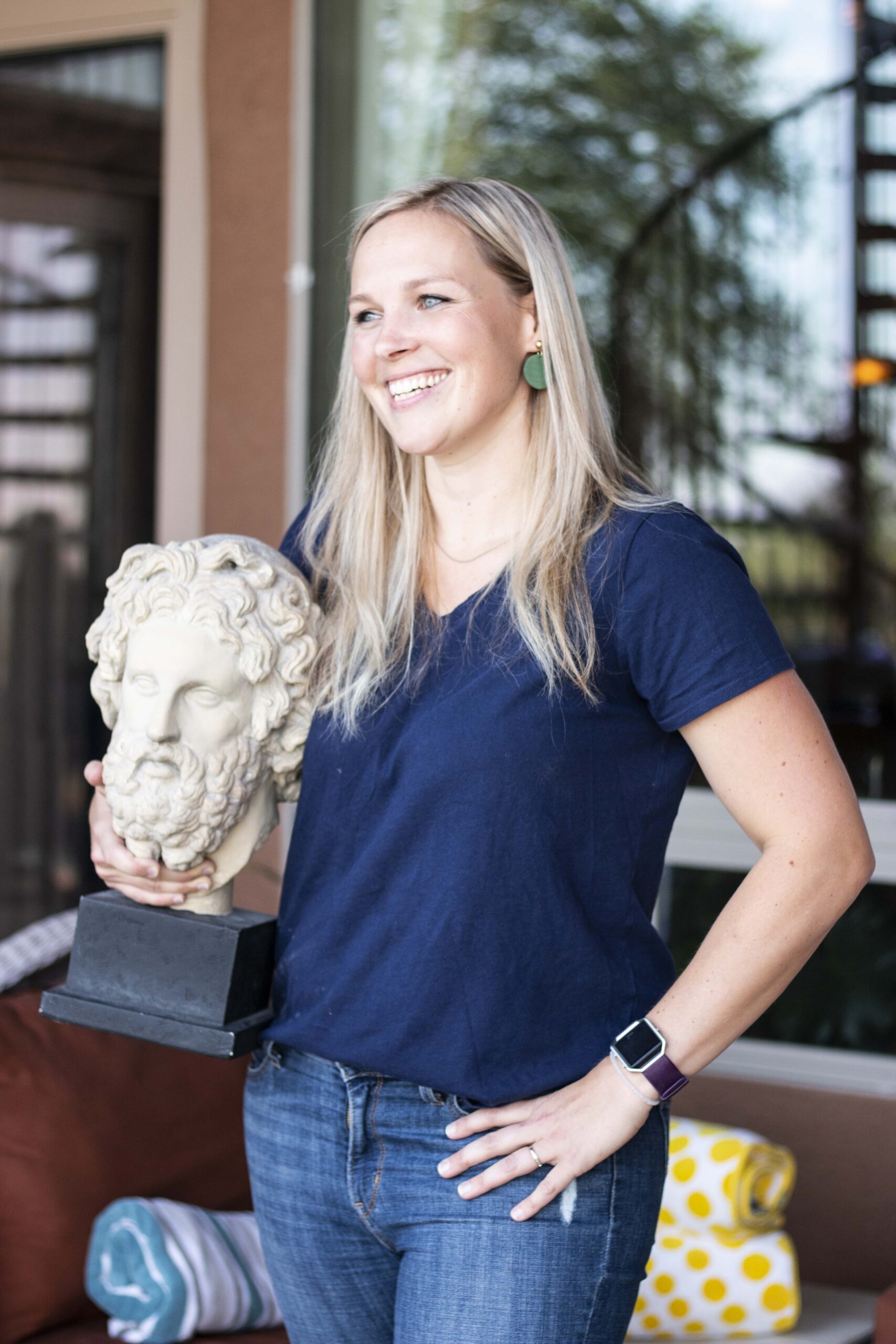
Be a part of the conversation!
Discuss this podcast with other moms inside Sistership.

